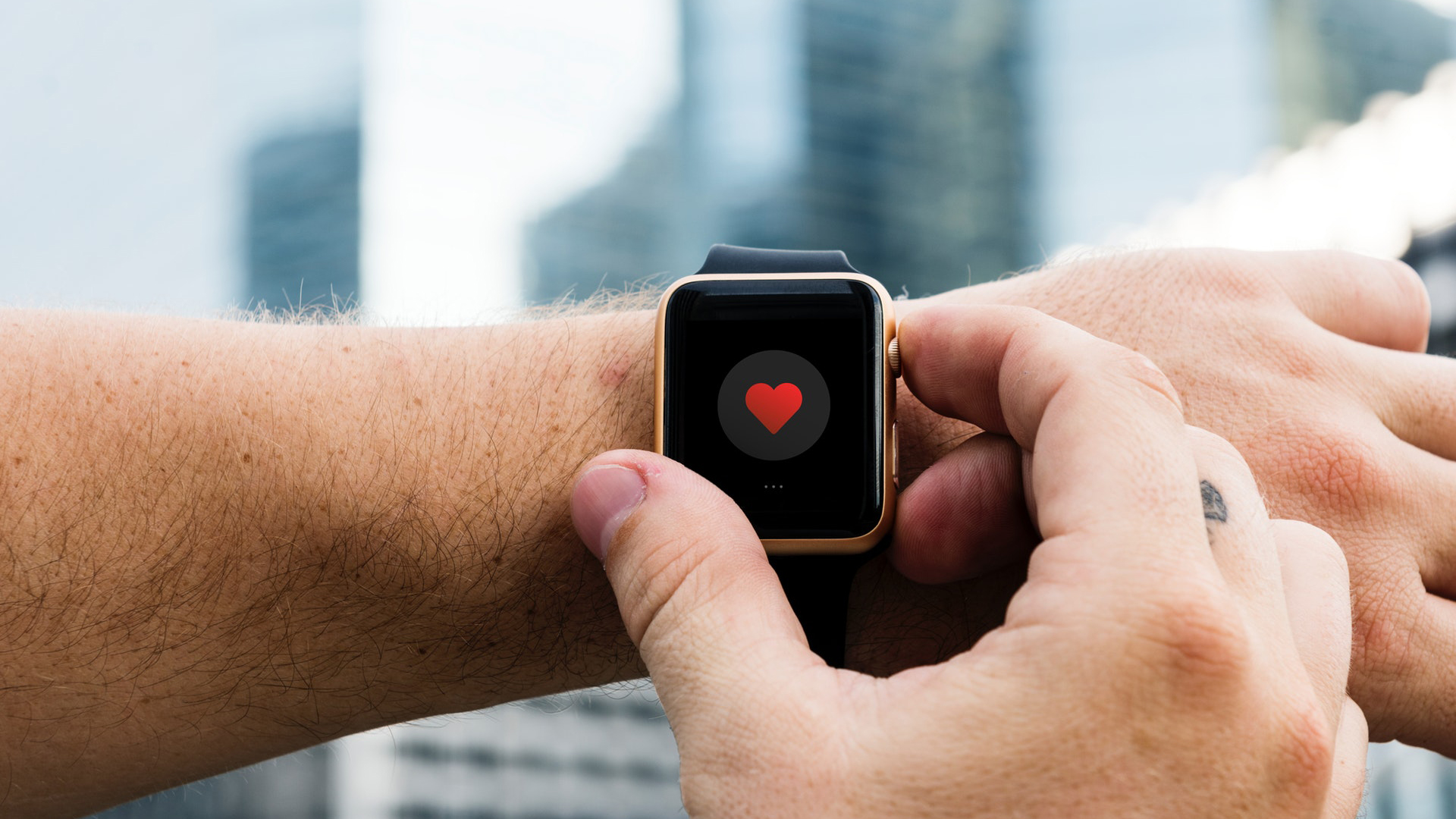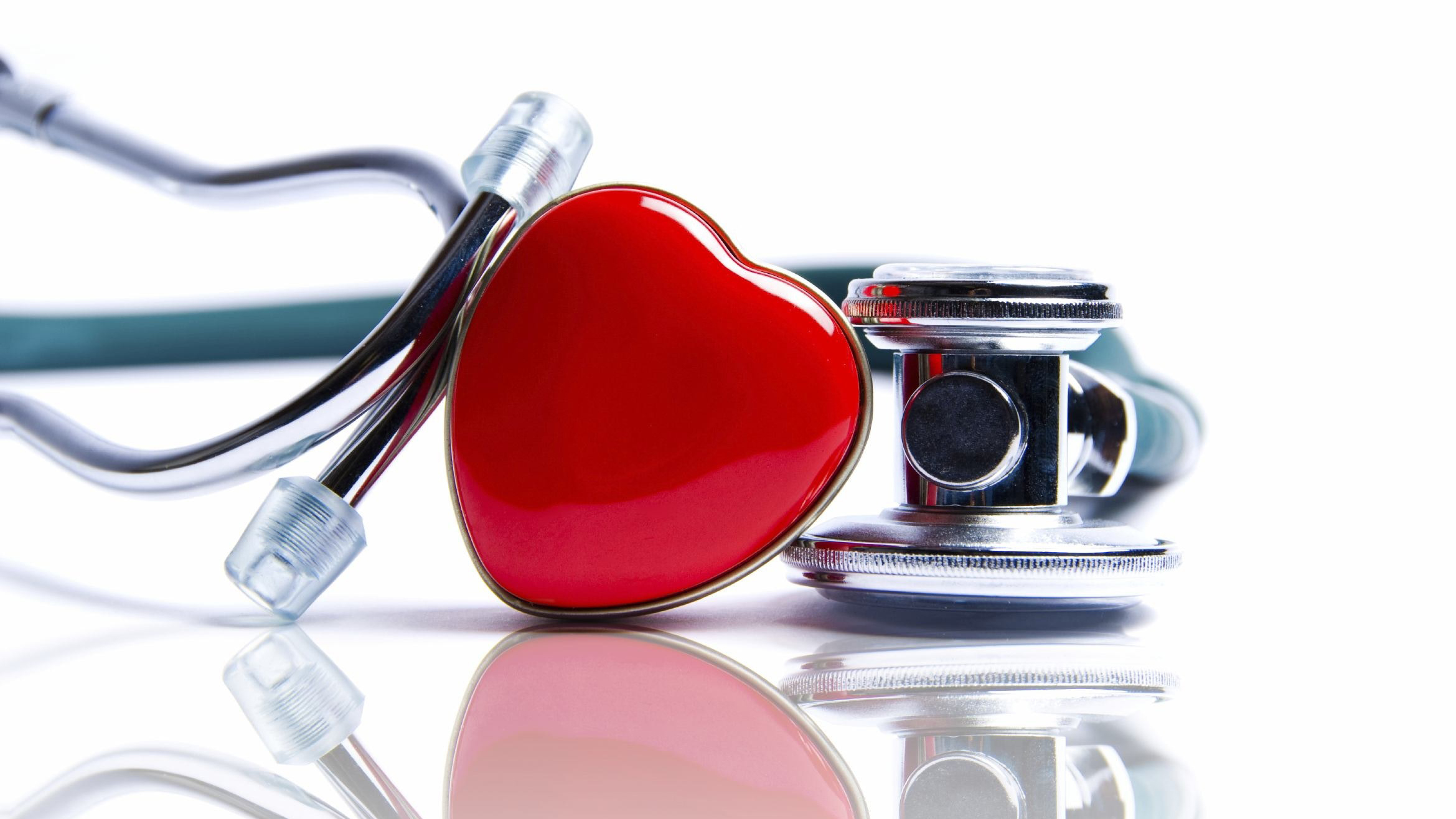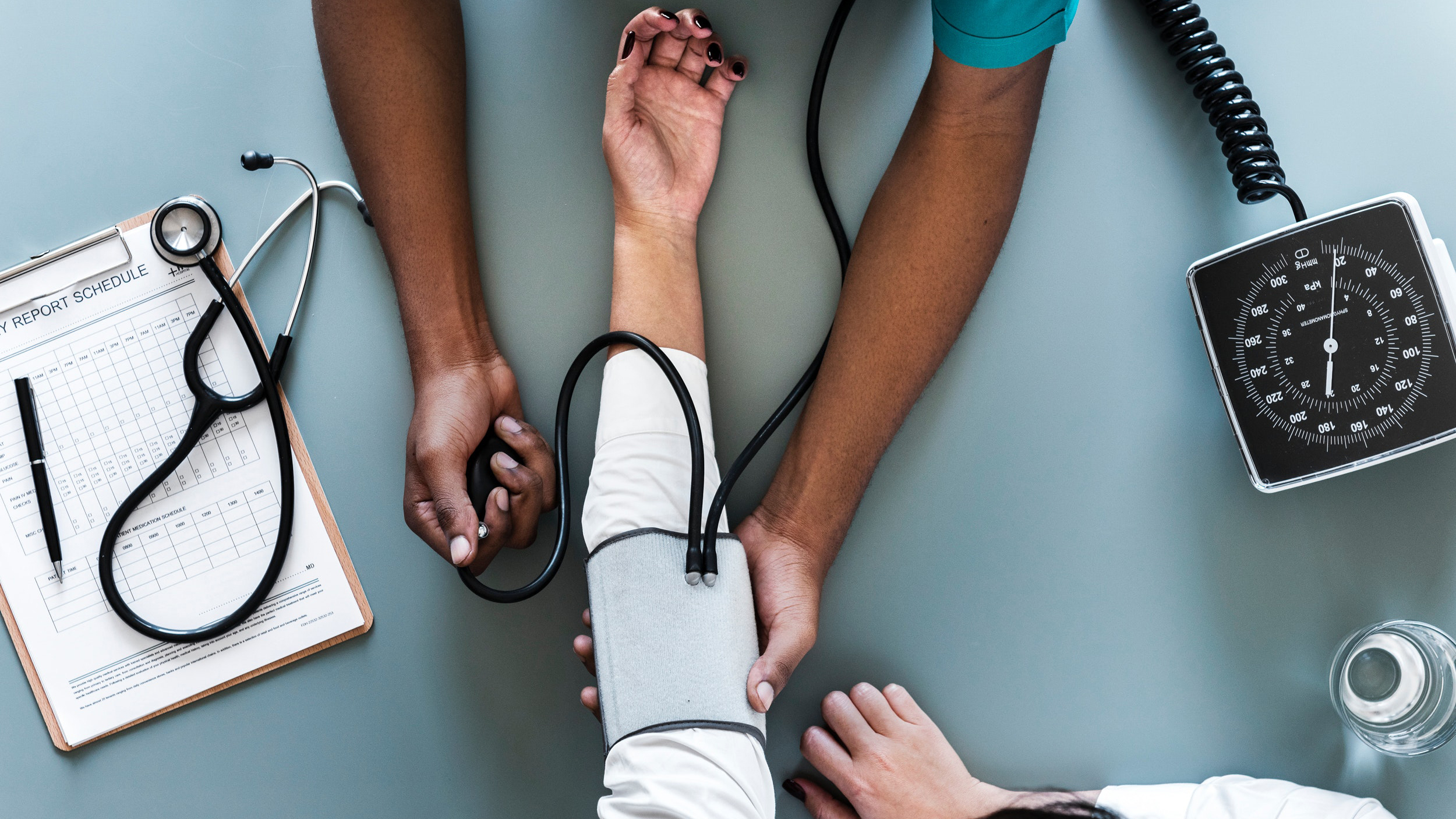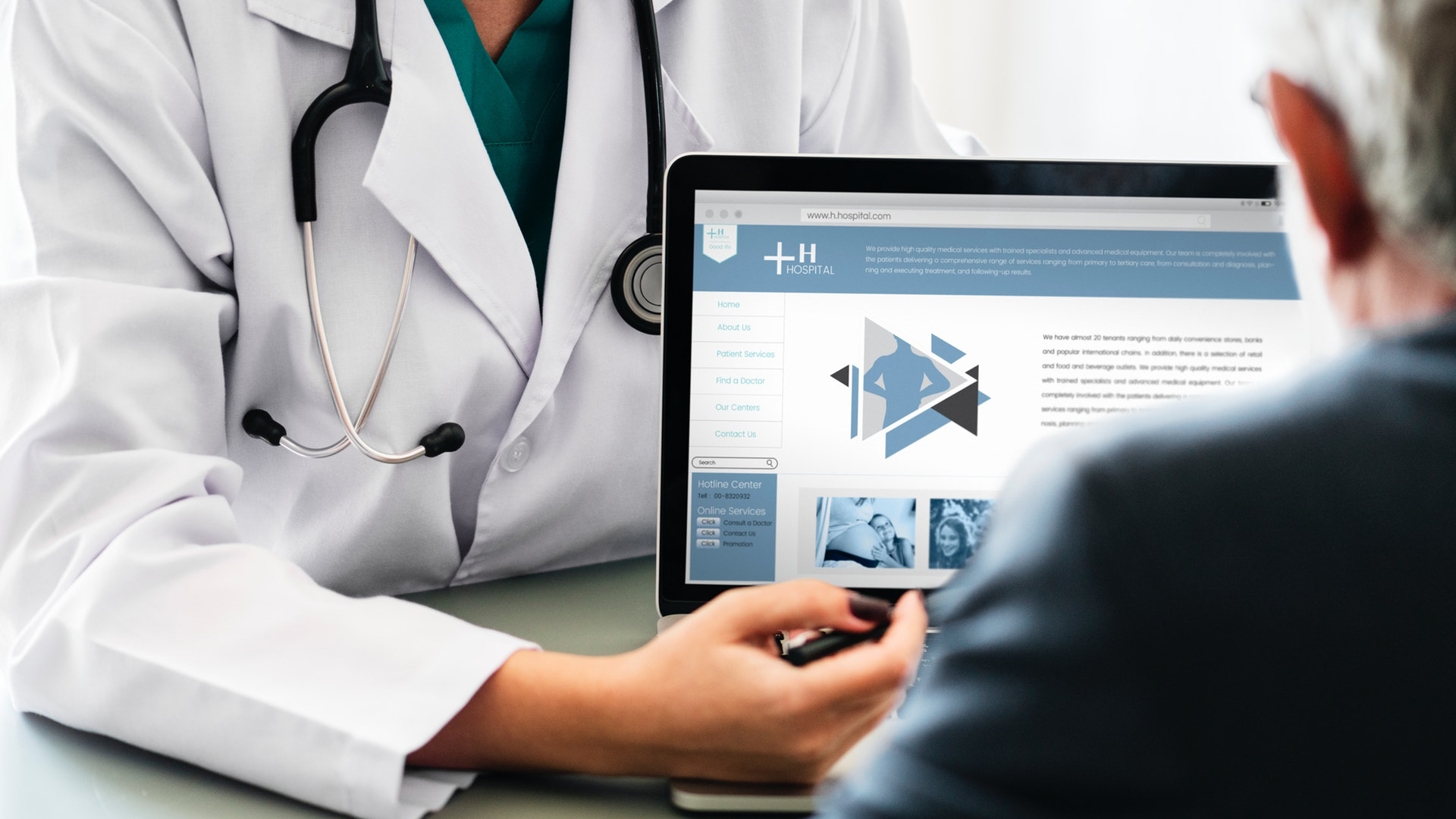How 5G is set to revolutionize healthcare
Say goodbye to the doctor's waiting room

5G – or the fifth generation of international mobile phone standards if you prefer – is largely being touted by telecoms companies as the technology that lets you download films faster than you would ever realistically need to.
However, aside from being able to stream every Netflix show at once, 5G will also change the way we take care of ourselves and each other.
An aging population
“Healthcare is facing a number of substantial challenges at the moment,” says Derek Long, Head of Telecoms and Mobile at Cambridge Consultants .
“One is an aging population. Another [challenge that] comes with that is first-world ailments and chronic ailments. Not only are the treatments costing more, but they’re also being applied for longer periods of time and for more people. The whole thing is a ballooning cost.”
That health services in the UK particularly are facing challenges due partly to the aging population is a sentiment echoed frequently by NHS (the United Kingdom's National Health Service) spokespeople.
Earlier this year, NHS England Chief Executive Simon Stevens launched the NHS Long Term Plan, outlining how the service will cope with increasing demand over the next ten years.
Over the course of his seven-minute speech, Stevens alluded to the trials of an aging population no less than three times: first saying that the plan would guarantee support for the elderly in the community, second that the UK would see a million more retirees over the next five years and finally that a girl born on the NHS today had a one-in-three chance of living past 100. More people living longer requires more staff, new approaches or (ideally) both.
Sign up for breaking news, reviews, opinion, top tech deals, and more.

The plan itself guarantees one new technological solution: the option of online consultations with a GP for all NHS patients that will cut outpatient appointments by up to a third, “saving patients 30 million trips to hospital, and saving the NHS over £1 billion a year.”
5G, with its faster speeds and lower latency, will make these online consultations possible.
The plan also frames a shift in focus from treatment to prevention; identifying illness earlier, before patients’ needs become urgent (and therefore more costly). By helping to catch problems early, 5G could revolutionize healthcare for everyone in the UK, young or old, with at least one large-scale trial already underway in Liverpool.
“The solution that the healthcare system has taken as a broad philosophical approach is to move away from treating sickness and over to preventative healthcare instead – managing how people are doing and giving them little nudges and tips on how not to get sick,” Long says.
“And this is probably where 5G is going to come into play, because what we’ll have are wearables that are sensing a whole load of different parameters, whether it’s your blood pressure, your heart rate, your temperature – those sorts of things.”

Wearables could save your life
5G doesn’t just mean faster data transfer. It also means that the costs of transferring data and the devices that use it will fall.
With a stable 5G connection, enabled devices – whether they’re health trackers or phones – won’t need to physically cram all of their processing power into something that still fits in your pocket.
Rather, these devices will be able to offload heavier tasks to servers in the cloud which then crunch and return your data to the device – in the same way that computing companies today rent time on cloud-connected supercomputers, rather than mortgaging employees’ houses to buy their own.
“The data production costs of 5G are significantly lower, so you can transport data backwards and forwards [more easily],” says Long. “[But] 5G also gives you the ability to put functionality into the network, rather than having it on the device, which means the device itself can be significantly less complex and therefore significantly cheaper.
"Once you’ve got this in the network and you’ve got [public] APIs and SDKs, you’ll have developers who can look at different algorithms to implement using that data. You’ll see that [something which began as] a blood pressure monitor generates data that can be used for other applications.”

All this data analysis won’t replace your GP– nobody wants the nightmare of a smartwatch that's constantly checking your heart rate against WebMD and diagnosing you with multiple serious illnesses via screen alerts.
Rather, these devices will act as early warning systems. If your next-gen health tracker detects a troubling combination of red flags, it could advise that you pencil in a check-up at your local surgery.
Healthcare professionals are kept in the loop, but wouldn’t necessarily be the first port of call when patients are just feeling a bit peaky, or concerned about aspects of their health that are easily measured by devices – heart rate or blood pressure, for example.
More reliable 5G video appointments could also relieve the strain placed on surgeries and hospitals by older patients currently in need of regular outpatient check-ups.
“A lot of old people with these chronic ailments aren’t people who need to see a doctor, they just need somebody who can check up on them and see if they’re OK or if there’s anything they need,” Long says.
“That’s the kind of thing that could certainly be done remotely: you have somebody who checks in two or three times a day, they do it by video phone so it’s a little bit more personal than a phone or an e-mail. Then that person could then make a judgement on whether it’s necessary to go round and see what’s going on.”

Fitness wearables have already been around for over a decade, with what we’d recognize as smartwatches appearing some five or six years ago. Specialized 5G health trackers, says Long, could become commonplace in much shorter order.
“My guess is that you’ll see are specific, connected devices which are approved for medical use… within the next two-to-five years,” he predicts. “It could be a blood pressure monitor, or a diabetes monitor - that kind of thing.
"That will probably come from your local GP or your local healthcare centre and it’ll have a specific application.”
Or to frame it in the terms of your mobile provider: yes, 5G will allow you to download HD TV episodes with the tap of a button. You just probably won’t be able to watch as many of them sitting in a doctor’s waiting room.
5G Uncovered, in association with Samsung, brings you everything you need to know about the next wave of connectivity - not just how fast it's going to be, but in just how many ways it's going to change your life. Our 5G Uncovered hub is carefully curated to show everything there is to know about the next generation of connection.
- The best smartwatches in 2019: the top wearables you can buy today